NASA Under Trump – What To Expect
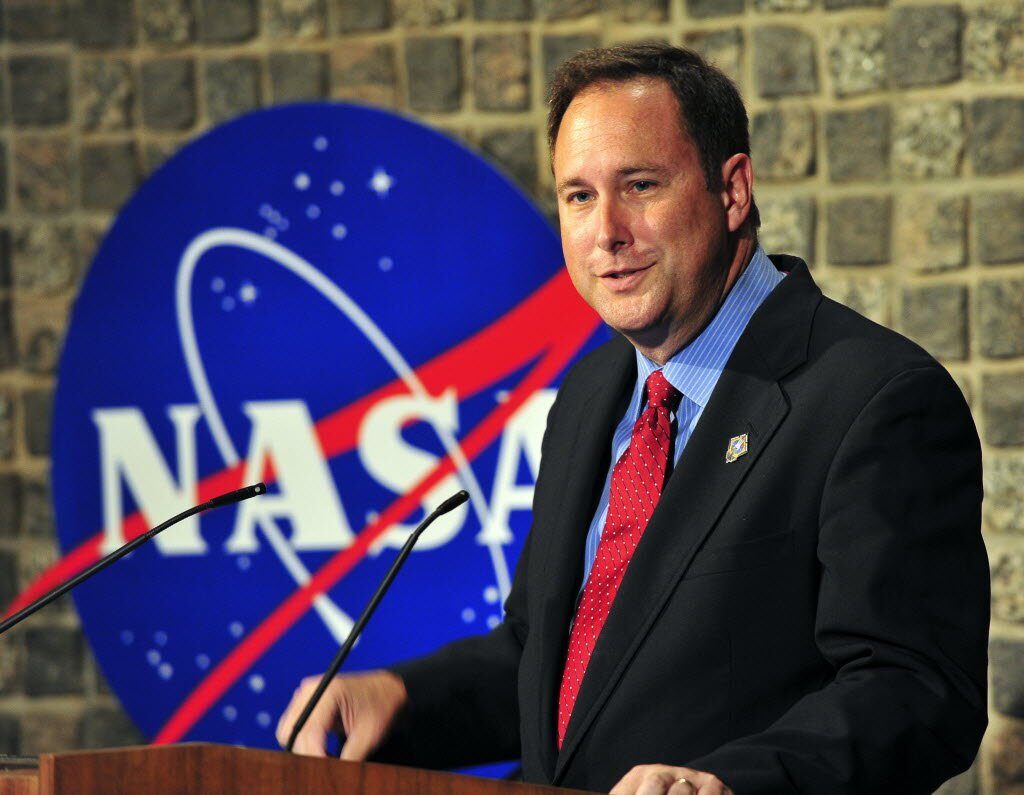
Also Check: Meet The Next Generation Of Female Astronauts
President Donald Trump has some pretty big decisions to make over the coming months in shaping the policies that will affect Americans, and the rest of the world, for at least the next 4 years. From foreign policy to climate change, we can expect fundamental shifts in many directions as the Republicans try to stamp their mark and turn back some of the decisions made by Obama and his team, and shape their own legacy with important decisions and programs.
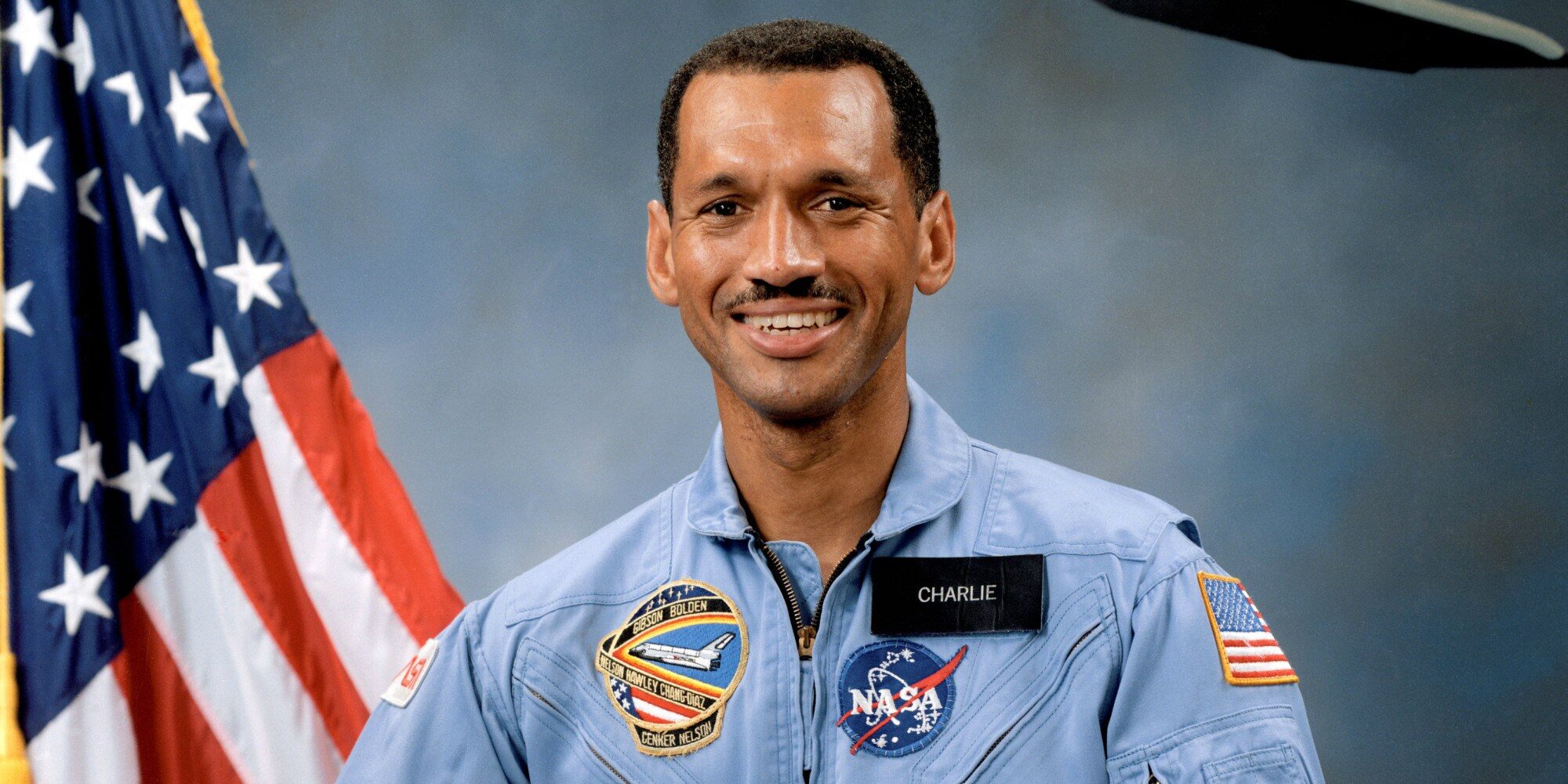
New NASA administrator
As is custom when a new president comes into power, the current NASA administrator, Charles Bolden, stepped down on January 20th to be replaced temporarily by Robert Lightfoot. Lightfoot, as the name suggests, is no slouch when it comes to spaceflight and engineering with 28 years of experience in different NASA roles including director of Marshall Space Flight Center and manager of Marshall’s space shuttle propulsion office.
Robert Lightfoot’s opening message
Despite his extensive experience, Lightfoot is not expected to remain in the role for very long, but these things do often take a great deal of time. Charles Bolden, for instance, was appointed by Obama in May 2009, some 4 months after his inauguration and it didn’t even get approval until June. A more pressing matter might concern the position of White House science adviser, which some think might be a position that is scrapped altogether. This position has historically been extremely influential in NASA policy decisions.
The important people in relation to space policy decision-making have yet to be decided by the Trump transition team. Names have been thrown around but nothing has been set in stone. Judging by Trump’s other appointments, the people involved will more than likely be hired on the basis that they are loyal to a Trump administration and that they have a proven track record of getting things done.
Return of the National Space Council
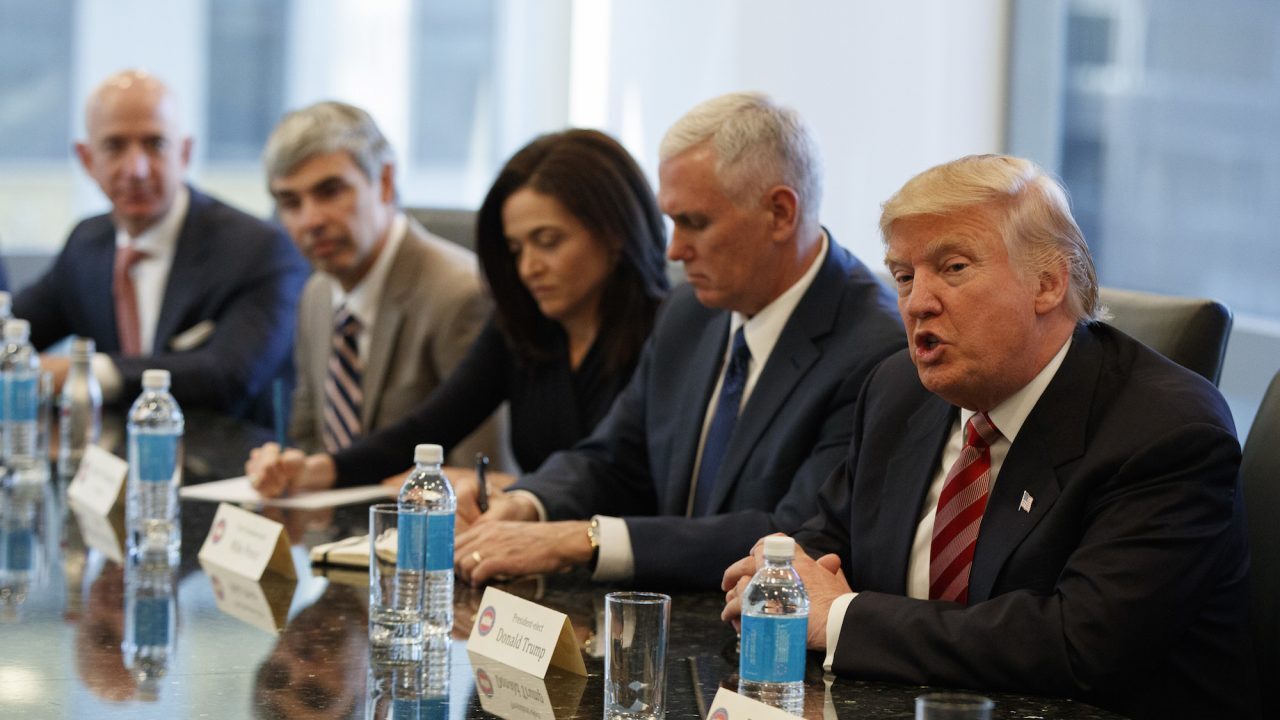
President Trump is thought to favor a council of advisers to discuss the general direction of space policy. The last time this was in operation was between 1988 to 1993 when George H.W. Bush took policy and operational advice from National Space Council. The council would include experts from NASA and the space industry, possibly including Elon Musk and Boeing execs. The advice would be just advice and Trump wouldn’t necessarily be obliged to follow it.
Private Spaceflight companies could flourish
Trump has some pretty big decisions on his hands when it comes to NASA and its policies. The aim for the past decade has been to get man back to the Moon and/or Mars. When Obama cancelled the costly Constellations program, this became a big debate; how do we get people to the Moon and/or Mars when we don’t have the equipment to do it? Step forward SLS and Orion. The SLS was intended to be the most powerful rocket of all and get NASA astronauts off the ground and onward towards Mars. The problem, however, is that many experts think that SLS is far too costly and inefficient to be a genuine workhorse of NASA. The Orion capsule has been tested and is thought to be sufficient, but the SLS is yet to take flight.
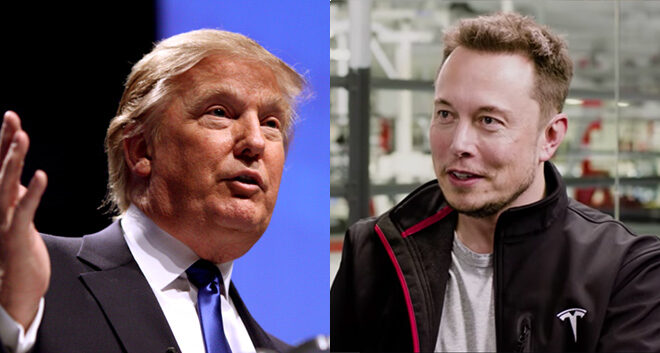
One option for Trump and his policy makers is to use private companies to achieve NASA’s ambitions. NASA could, in effect, become an administrative center for spaceflight rather than actually doing any of it themselves. Astronauts would continue to be recruited and trained by NASA, but fly on private company rockets; ‘Merican rockets. Trump is thought to be in favor of continuing the policy of supporting private spaceflight companies such as SpaceX, Orbital ATK and Boeing, providing there are no more setbacks like SpaceX’s September Launchpad explosion. The problem with spaceflight is that, in general, it is a rather dangerous undertaking and even the most pedantic safety procedures will overlook or underestimate things from time to time.
Cancellation of NASA’s Earth Science program
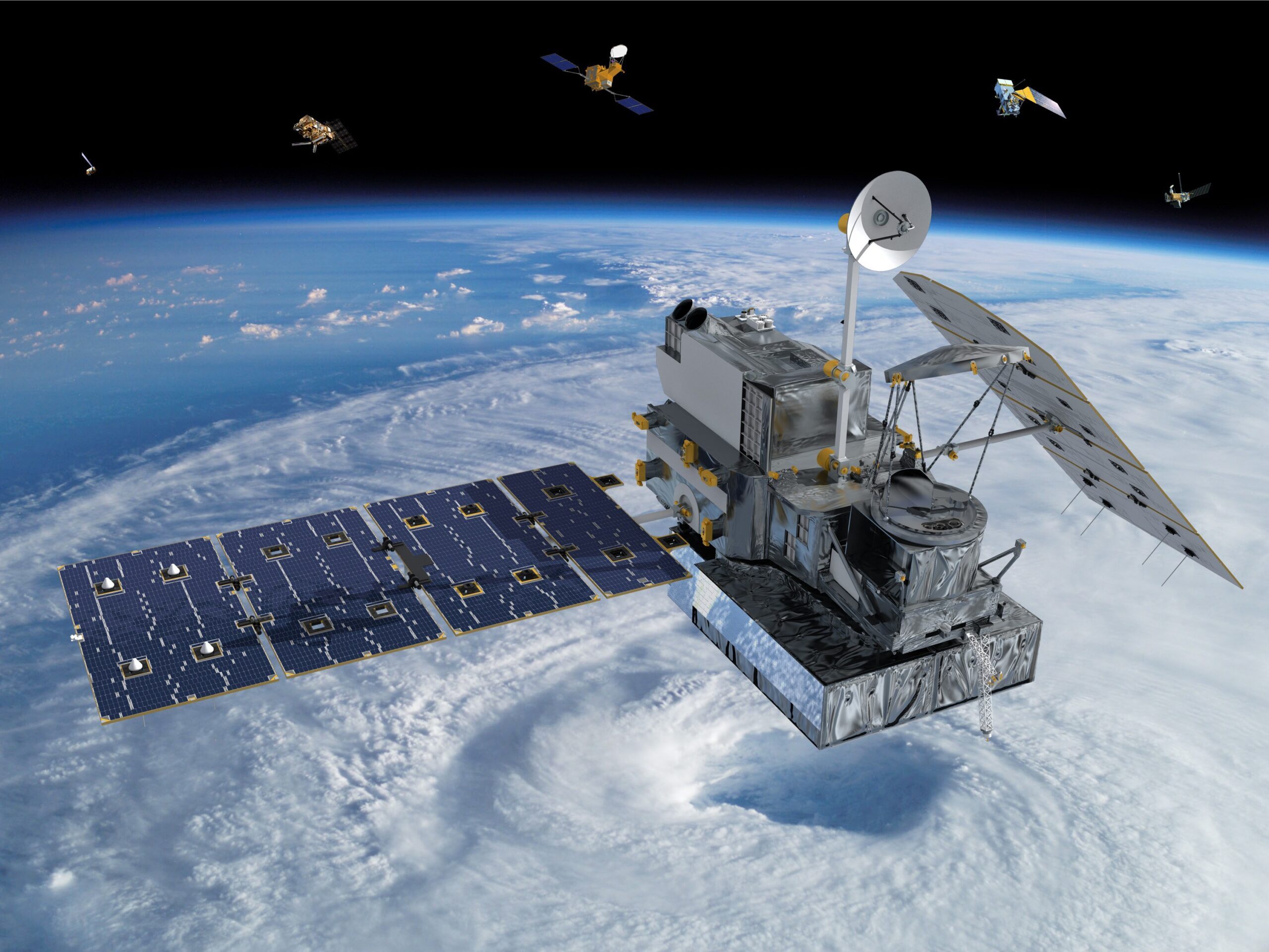
The environmentalists would be outraged if the important work completed by this department was to be cancelled, but senior Republicans such as Ted Cruz have already signaled their support. This would free up a huge chunk of NASA’s budget, but also mean an end to missions that promote conservation and environmental awareness. Some have suggested that this department would simply move to be administrated by the National Oceanic and Atmospheric Administration.





